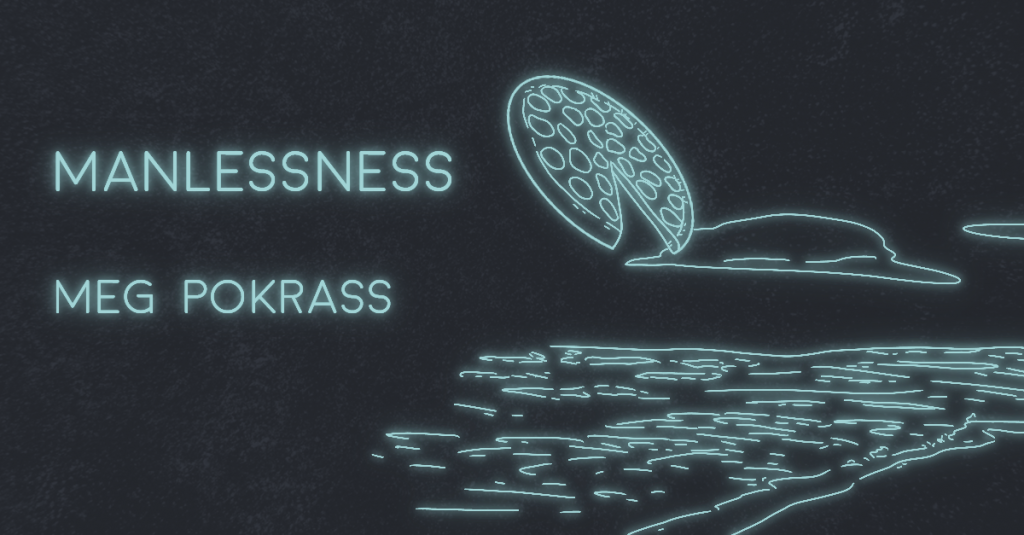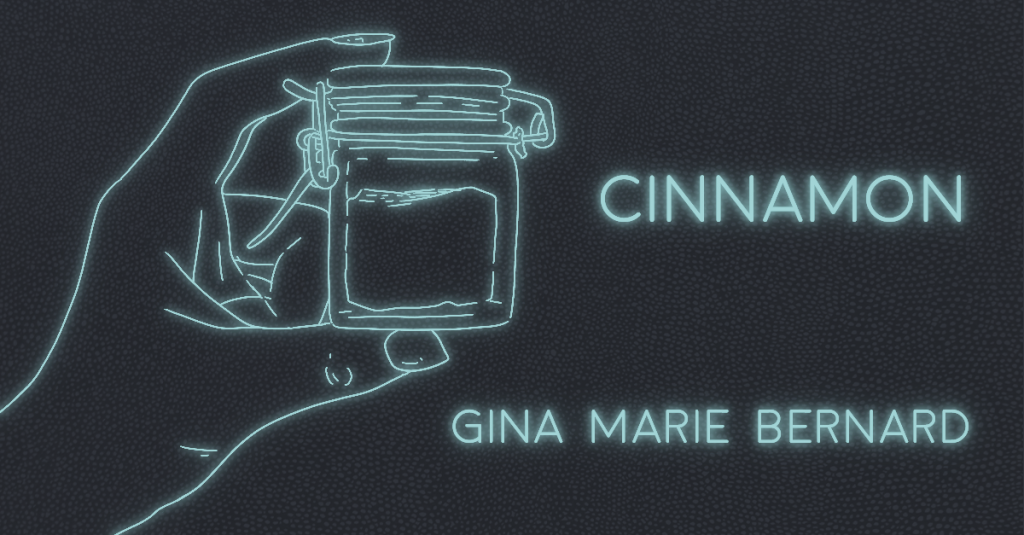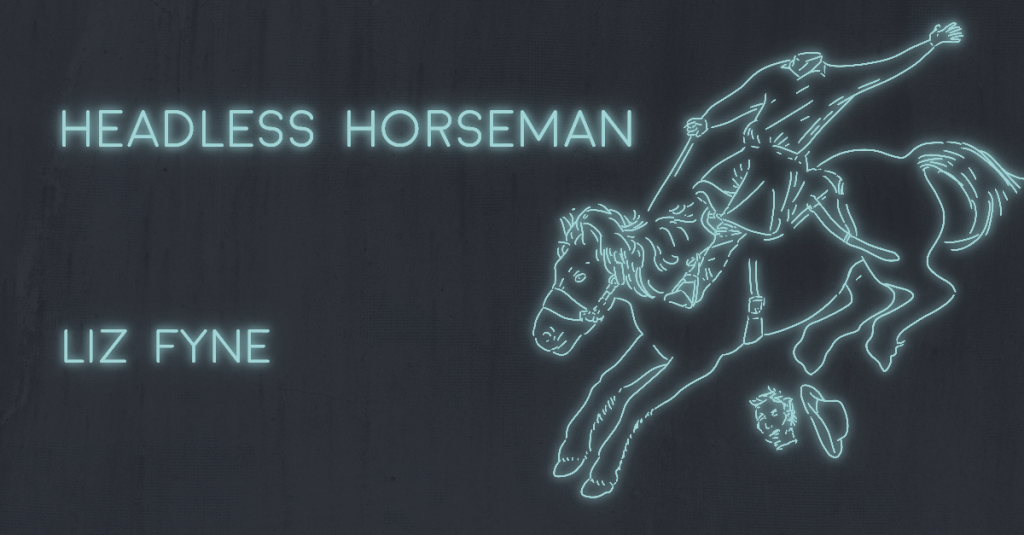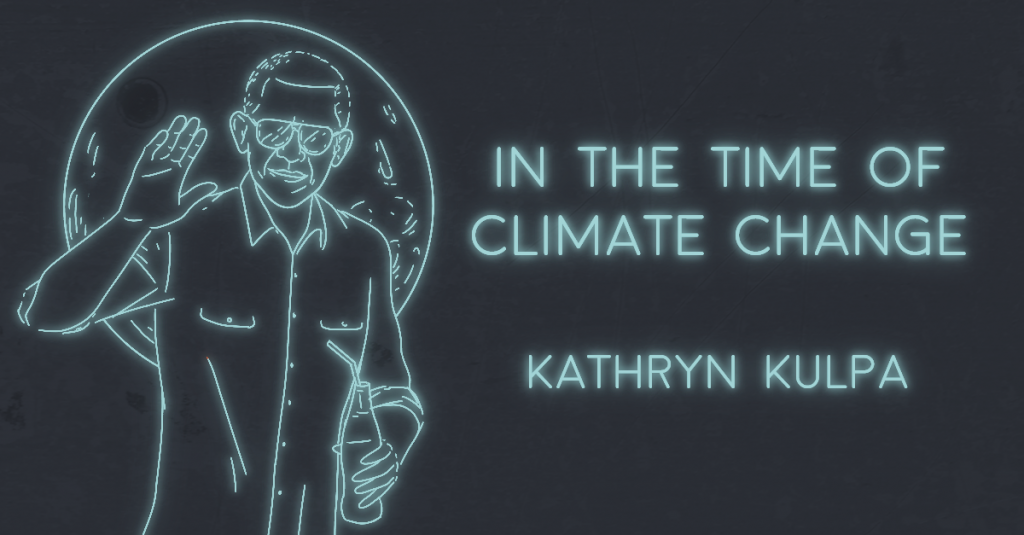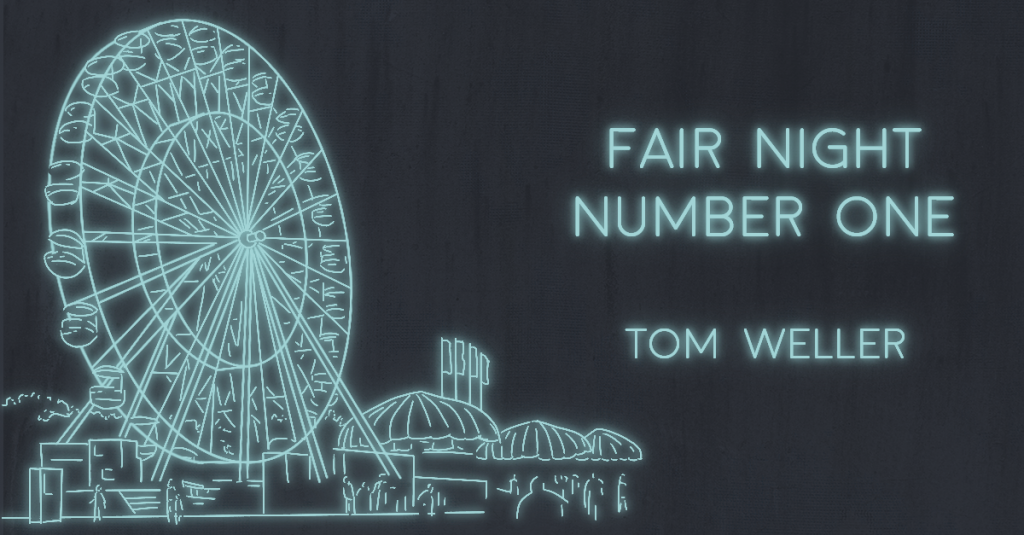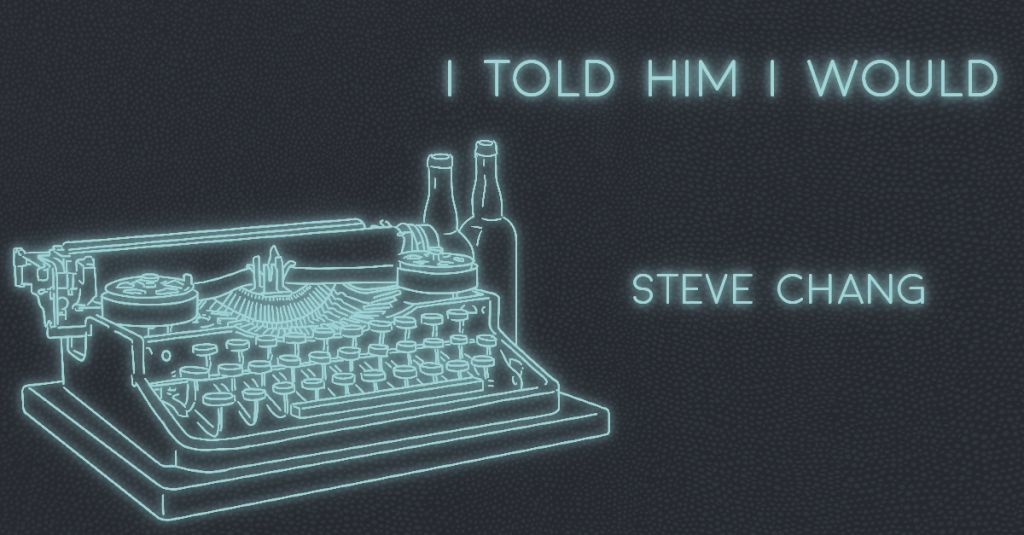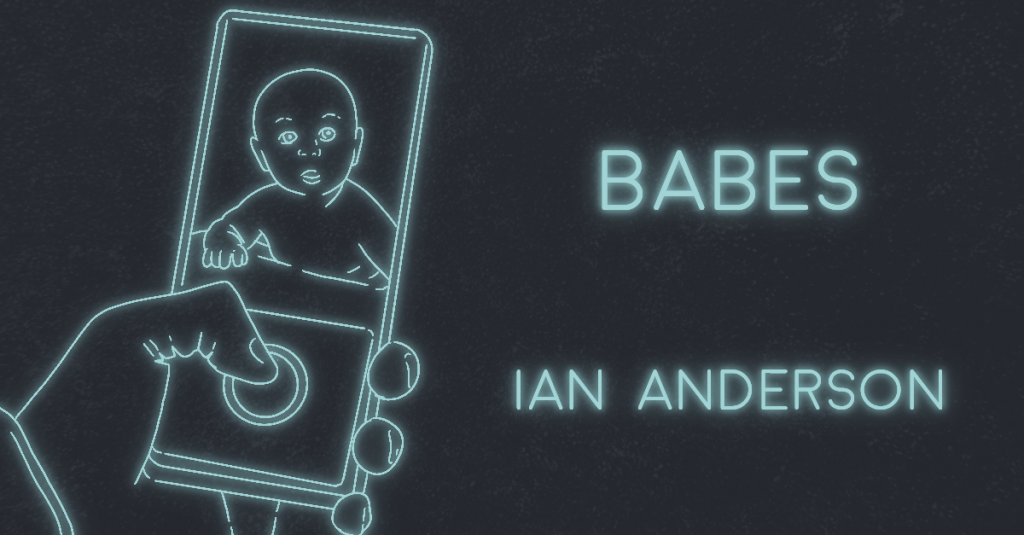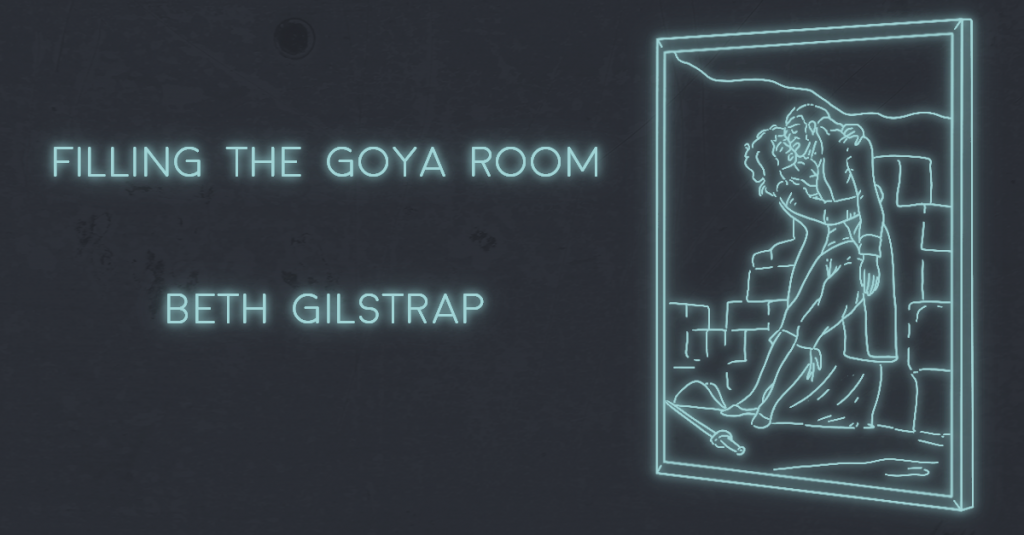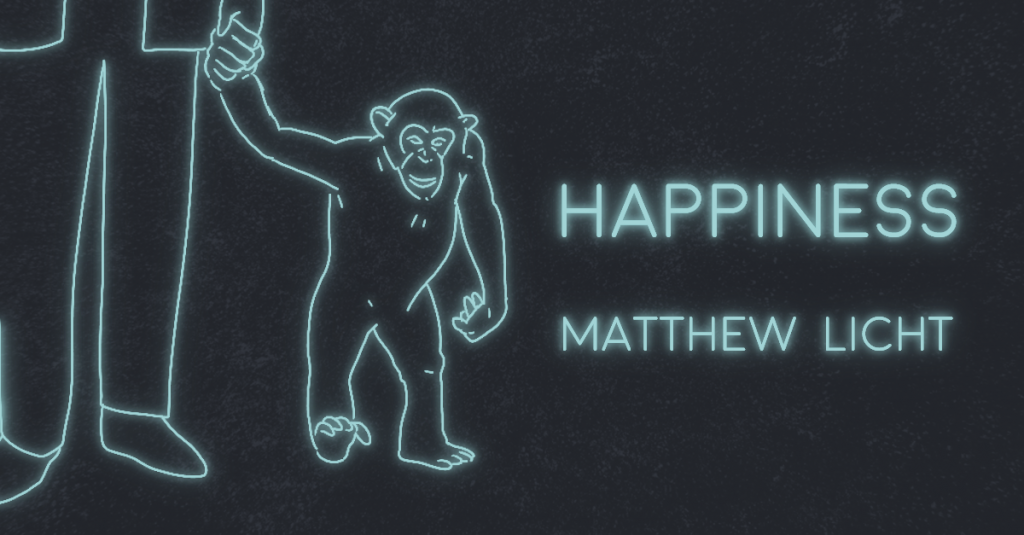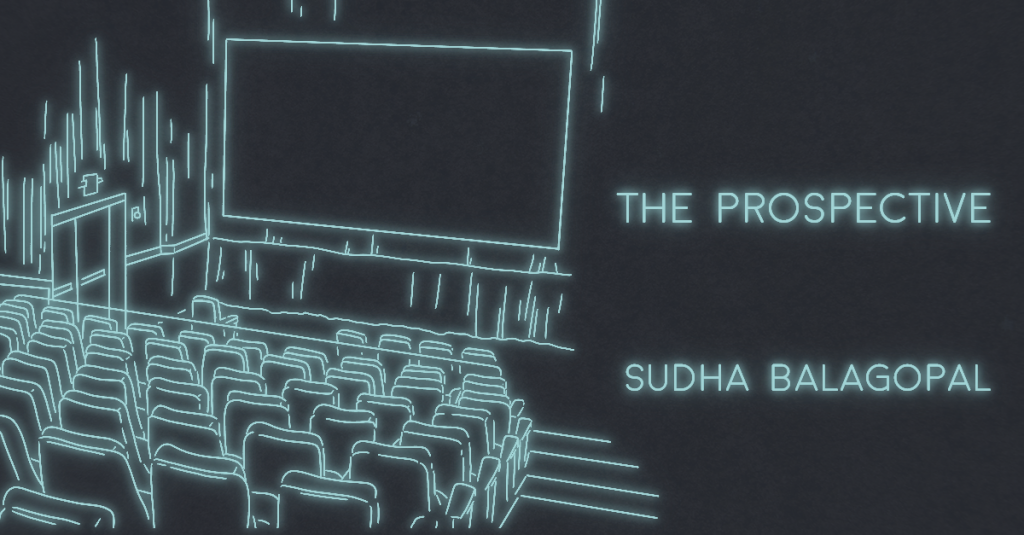
THE PROSPECTIVE, OR WHAT I TELL THE MAN IN THE CAFE by Sudha Balagopal
My parents sent me to the movies with a man they found in the matrimonial columns of the Mumbai newspaper. They told me he was a romantic, a Bollywood aficionado. Perfect for someone like me who read Austen. They made concessions for this prospective from America, sending me out with a man for the first time, alone, at age twenty-one. My eyebrows stung—they’d been threaded and shaped into perfect crescents. The crimson on my nails and lips felt vulgar. I wanted to pull out the pins in my French braid, let my hair loose. *** You ask to meet with…

